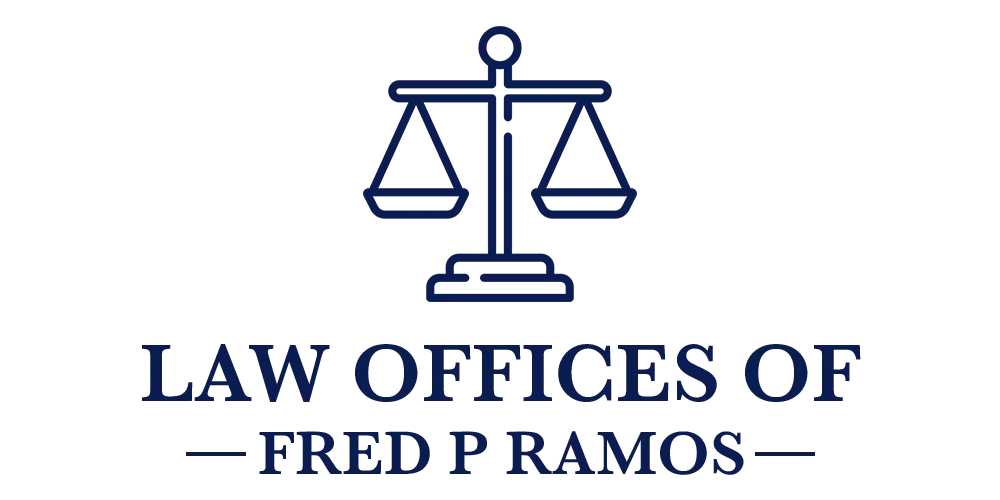Executor Duties in Ohio: What You Need to Know Before You Agree
Executor Duties in Ohio: What You Need to Know Before You Agree
Serving as the executor of an estate in Ohio is a serious legal responsibility. While it can be an honor to be trusted with this role, many people underestimate the time, effort, and legal obligations involved. Before agreeing to serve as an executor, it’s important to understand what the position requires under Ohio law.
Understanding the Executor’s Role
An executor, sometimes referred to as a personal representative, is responsible for managing the estate of a deceased person. This includes gathering assets, paying debts and taxes, and distributing property to heirs according to the will or, if there is no will, according to Ohio’s intestacy laws.
Primary Duties of an Executor in Ohio
- Locate and Secure Assets:
The executor must identify and safeguard all assets belonging to the estate—this may include real estate, bank accounts, vehicles, and personal belongings. - File the Will and Open Probate:
The executor must file the deceased’s will with the probate court in the county where the person lived. The court will then grant authority to manage the estate through “letters testamentary.” - Notify Creditors and Pay Debts:
Executors must notify creditors of the death and pay valid claims. They also handle final expenses, such as medical bills and funeral costs. - Manage Estate Finances:
Executors must maintain accurate records, file tax returns, and ensure the estate’s financial affairs are properly managed during probate. - Distribute Assets to Beneficiaries:
Once debts and taxes are settled, the executor distributes the remaining assets to beneficiaries as directed by the will or court order.
Common Challenges Executors Face
Executors often face disputes among family members, complex tax filings, or difficulty locating heirs or assets. Additionally, the probate process can take months or even years to complete, depending on the size of the estate and whether there are any legal disputes.
When to Seek Legal Guidance
If you’ve been named as an executor in Ohio, it’s wise to seek professional legal guidance before accepting the role. An attorney can help ensure you comply with Ohio’s probate requirements, minimize delays, and protect yourself from potential liability.
At Fred P. Ramos Law Office, we assist individuals in Independence and throughout Ohio with probate administration and estate matters. We can help you navigate the process and fulfill your duties with confidence.











